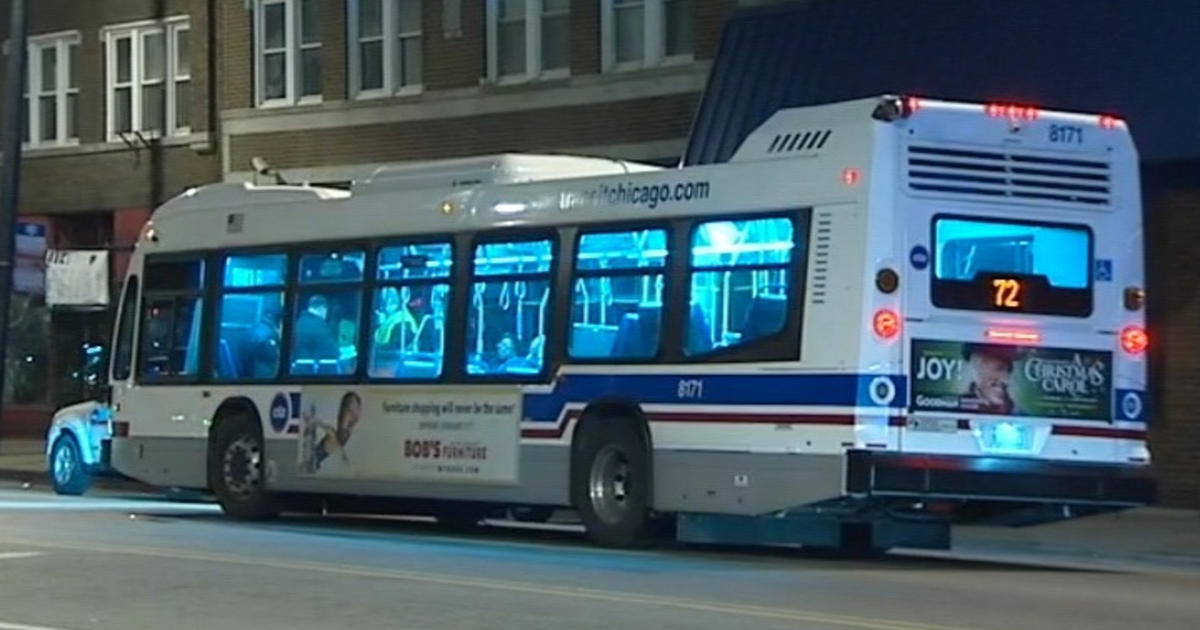

This is video of the poor CTA bus driver that was beaten last night downtown. An ambulance took the 49-year-old driver to Northwestern Memorial Hospital in fair condition with bruises to his face and body. Story here.Ī 15-year-old was shot, a CTA bus driver was beaten, and about 20 juveniles were taken into custody as a “large group incident” unfolded in the Loop on Saturday evening, according to police and initial information from sources.Īcting on intelligence gathered through social media and other sources that hundreds of young people planned to gather downtown, CPD leaders deployed extra resources to the area late Saturday afternoon.Īmong the more serious incidents: A CTA bus driver was beaten on the 100 block of North Michigan when he stopped his vehicle to inspect it for damage after he heard a loud noise around 8:50 p.m., according to a CPD statement.Īs he examined the bus, a male and female began to push him and then punched him repeatedly before running away, police said. December 7: CPD now says a 12-year-old girl was also shot during this incident. The CTA has been defended by in-house counsel.Update 5:15 a.m. The CTA health care trust has been defended by the Chicago firm of Freeborn & Peters. The CTA retirement plan has been defended by the Chicago firm of Burke, Warren & MacKay. Hampton is represented by Chicago lawyer Margaret Lundahl. The appellate ruling reinstated Hampton’s suit against the plan and trust, but dropped the CTA. Rather, the retirement plan authorizes deductions from his benefit payments and the health care trust administers his health care benefits, with the CTA having no role. However, McBride determined Hampton did not have a case against the CTA, because the CTA was not involved with his retirement benefits. As further indication Hampton was under the 2004 agreement, he received benefits under this contract until October 2009, McBride noted.Īlso, the definition of employee, as laid out in the agreements, did not include Hampton, as he was no longer receiving regular pay on the Jan.

As a consequence, Hampton was not bound to that contract. McBride said that because Hampton was retired on the first of January, he was no longer represented by the union during the negotiations that resulted in the 2007 contract. on January 1, 2007, plaintiff was retired,” McBride concluded. “Nothing in the record suggests that plaintiff was receiving regular and stated compensation on January 1, 2007, but the record does suggest plaintiff began receiving his retirement allowance that first day of January. Justice McBride accepted Hampton’s arguments.

1, 2007, because it was ratified in 2009, then made retroactive to Jan. Further, he maintained the 2007 contract did not exist as of Jan. 1, 2007, he was a retiree and no longer a union member, with his retirement benefits having accrued under the 2004 contract. Hampton appealed, arguing that as of Jan. 1, 2007 when the new contract was in force. In 2017, Circuit Judge John Allegretti dismissed the suit, saying the 2007 contract applied, because Hampton’s retirement date was Jan. However, defendants said benefits were controlled by the 2007 agreement, which ran Jan. Hampton sued the CTA, the plan and trust in July 2014 in Cook County Circuit Court, contending his retirement benefits were governed by the 2004 agreement, which expired Dec. 1, 2007, and a 2008 Public Act that allowed the deductions. In 2009, his health care premiums began to be deducted from his retirement annuity payments, per a collective bargaining agreement that took effect Jan. Hampton drove a CTA bus for 28 years, before retiring Jan.

The decision reinstated a suit brought in 2014 by Eric Hampton against the CTA, the Retirement Plan for CTA Employees and the CTA Retiree Health Care Trust. 20 decision was written by Justice Margaret McBride, with concurrence from Justices Jesse Reyes and Robert Gordon, of the Illinois First District Appellate Court in Chicago. An Illinois appeals court has refueled a retired Chicago bus driver’s suit against the Chicago Transit Authority’s retirement and health care plans, saying a Cook County judge was wrong to rule the retiree’s benefits were determined by a union contract that took effect the day after the man retired.


 0 kommentar(er)
0 kommentar(er)
